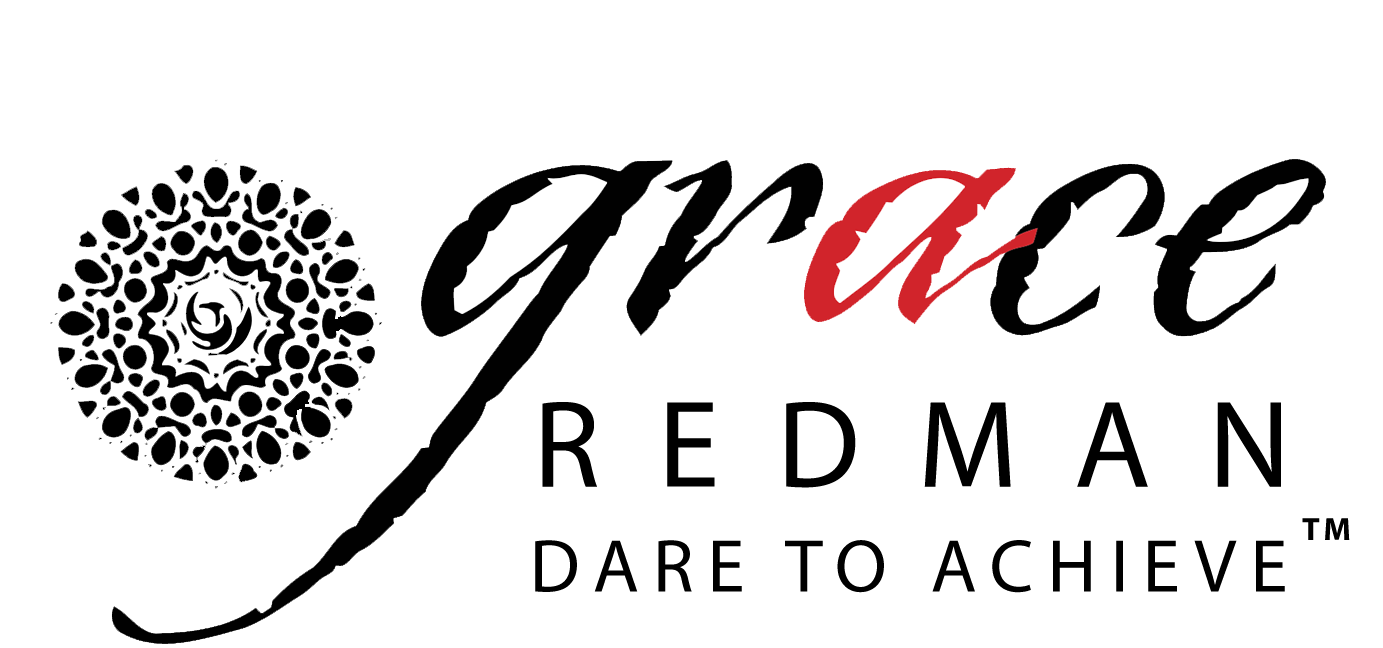Have you ever been hurt or betrayed by someone and then been told to just let it go and forgive them? Like me, your first reaction was probably something along the lines of “What do you mean just forgive? How can I? That person did me wrong and you want me to forgive just like that? Hell no! I want my justice!”
I get it. I’ve been there. Forgiving is the last thing you want to do. In fact, just thinking about it makes you cringe and feel like punching the wall!
WHY FORGIVE?
Forgiveness is tough. But it’s vital. Why? I’ll leave it to this famous saying to explain:
“Resentment is like drinking poison and waiting for the other person to die.”
Holding on to anger, resentment, bitterness, and hate takes a tremendous toll on us – it drains us physically, emotionally, and mentally. It steals our joy and our ability to move on.
WHAT FORGIVENESS IS AND WHAT IT IS NOT
I appreciate that all of these tough emotions are valid when we are wronged. It’s right to experience them as we must feel negative emotions to appreciate the positive ones. However, it’s important to realize that forgiving someone that has wronged you is NOT:
condoning their behavior
mean being their friend, or
mean you have to keep them in your life
Forgiving and letting go is for your benefit, not theirs, because as they go about their life, you’re stuck suffering in a perpetual cycle of anger and resentment. So who are you really hurting? Them or yourself?
MOVING ON
The past is over. When you forgive, you free yourself from the bondage the person that hurt you has on you. Remember: we are not victims, we have choices. Also remember: people in pain hurt others … it’s not always personal but just a reflection of their self-hatred. They feel better by instilling pain in others.
THE PROCESS OF FORGIVENESS
Some may perceive forgiveness as a weakness when in reality, it requires tremendous strength and courage. It isn’t all about just forgive and forget. It requires you run through a gamut of emotions such as sadness, grief, anger, disbelief, and lots of ‘why me’s?’.
Depending on the injustice, it may also take a long time. But honor those feelings, acknowledge you were wronged and affirm that you will not allow this to happen to you again.
Once we honor our feelings of pain and accept the situation, we pave the way to letting go and forgiving. And when we accept, we free ourselves from the bondage.
To help you with letting go, sit quietly in a comfortable place, close your eyes and repeat to yourself several times: I release and let go of all resentments, anger, and sadness. I choose peace of mind, freedom, and joy.
I’ll leave you with one of my favorite quotes from Ajahn Chah, one of Thailand’s most famous meditation teachers. He said:
“If you let go a little, you will have a little happiness. If you let go a lot, you will have a lot of happiness. If you let go completely, you will be free.”

